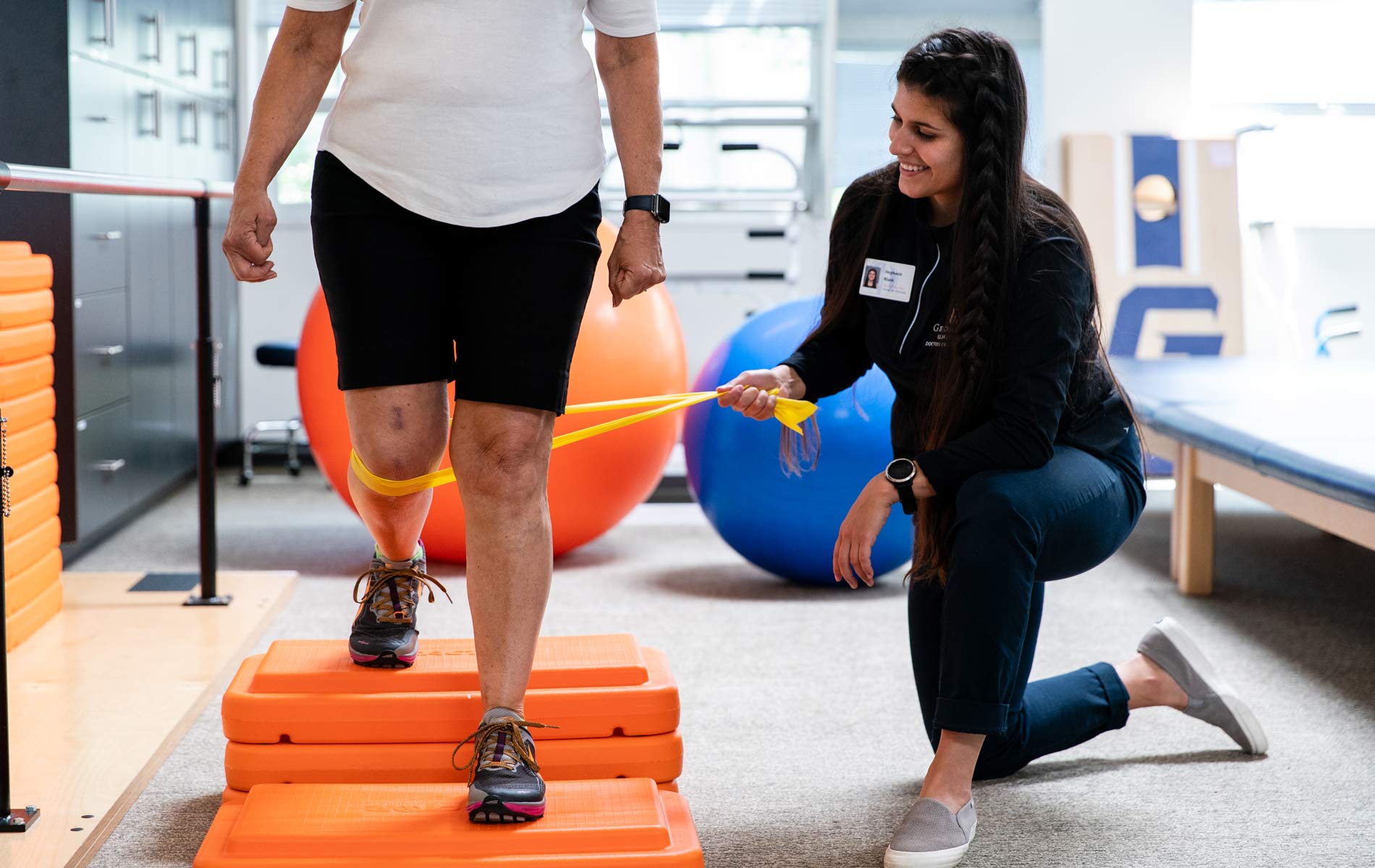
One of the key benefits of self-monitoring is heightened responsibility. When individuals monitor their actions, they are more likely to stay dedicated to their health goals. For instance, writing down meals consumed or workouts finished can create a sense of responsibility. This responsibility can be additionally enhanced by communicating progress with peers or family members. Support from others can inspire individuals to adhere to their plans and support them during difficult times. As a consequence, self-monitoring can lead to a stronger commitment and a greater likelihood of reaching desired results.
Self-monitoring also encourages self-knowledge. By regularly reflecting on one’s behaviors, individuals can recognize triggers that lead to unhealthy decisions. For example, someone might realize that they tend to graze more when they are anxious. Acknowledging these habits enables people to create plans for coping with challenges. They might choose to engage in physical activity instead of reaching for unhealthy snacks during stressful moments. This increased manual therapy for headaches self-understanding can be empowering, allowing individuals to take control of their well-being and make positive adjustments.
In furthermore, using digital tools can enhance the self-monitoring procedure. Many apps and devices are available that help track physical activity, food intake, and other relevant metrics. These tools provide easy entry to data about one's advancement over time. Graphing this data can be inspiring, as people can see how far they have come. The use of technology also enables for personalization of exercise programs, making it simpler to set realistic goals based on personal preferences and lifestyles. As innovation continues to advance, it offers even more possibilities for people to engage in effective self-monitoring.
Lastly, self-monitoring can lead to lasting behavior change. By consistently over at this website monitoring practices and implementing modifications based on observations, people can develop healthier lifestyles. This sustained methodology promotes people to think critically about their choices and fosters a mindset geared towards ongoing growth. As modifications become embedded in everyday practices, people are more likely to maintain their progress. Ultimately, self-monitoring can change not only fitness well-being but also comprehensive health, making it an invaluable tool for anyone on a journey to improved wellness.